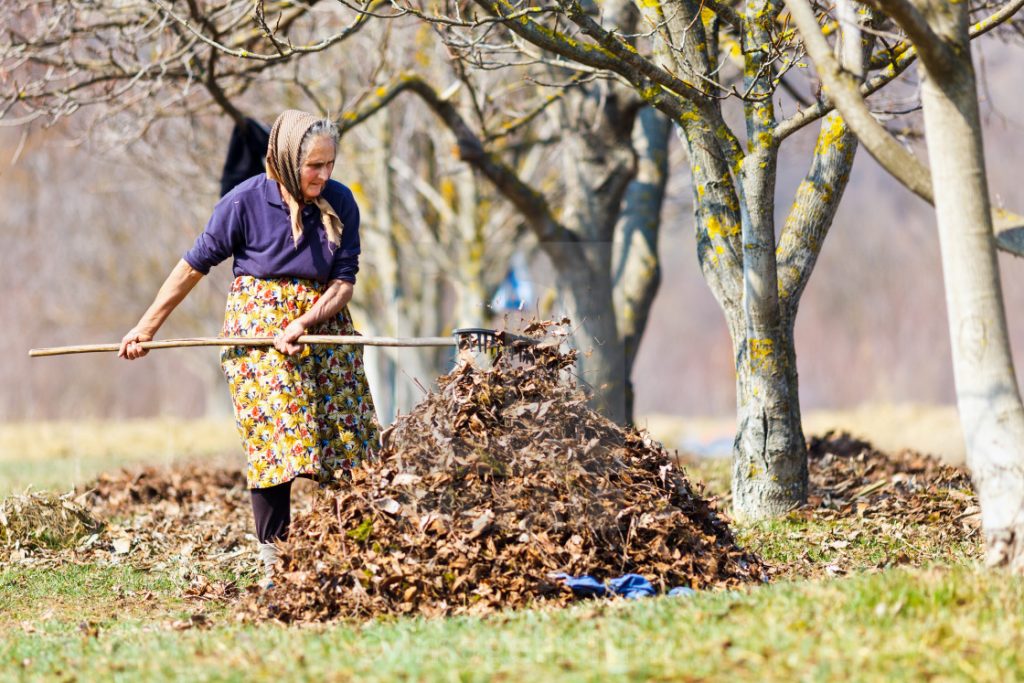Are you planning to read this book as part of a readers’ discussion group? Here are a few resources and some questions for discussion to help yoiu get started. (Note that questions do contain spoilers, so please read the book first if you want to avoid them!)
The novel is based in a fictional village near Angers, in Brittany. Learn more about the region here.
Framboise’s little restaurant specializes in Breton galettes. Get the recipe here…
The story takes place against the background of World War 2. Here’s some background on the region’s war history.
Framboise and her siblings are all named after fruit. Try making your own raspberry liqueur at home using this simple recipe.
Questions for Group Discussion.
- Why do you think the author chose this title for the book?
- Revolutionary France had a history of naming children after garden produce, although nowadays French laws on naming chidren are quite strict. Why do you think Mirabelle named her children as she did? How did this choice affect the way she was seen in the community?
- Framboise claims to be her mother’s favourite child, and and yet Mirabelle treats her quite harshly. Why do you think this is?
- Framboise manipulates her mother very cleverly for a child of her age. Why? And how do you think she got to be so streetwise? In what way does she differ from her elder siblings, and why?
- Framboise can be difficult to like, both for her mother and for the reader. What do you think made her the way she is? And what are her redeeming features?
- Framboise seems to have no understanding or empathy for her mother’s distress. How do you feel about this? Do you feel sympathy for the harshness of her upbringing, or are you more likely to sympathize with Mirabelle? Why?
- The children seem mostly unaware and unconscious of the events of the war, except when they are directly affected by them. Do you find this surprising? To what extent is anyone in Les Laveuses really aware of history unfolding?
- In what way are the children affected by the loss of their father? What does his death do to Mirabelle?
- In what way would you say Mirabelle’s recipe book the key to her innermost thoughts? Why do you think she chose to record them in this way?
- Tomas is a morally questionable character, and yet he has some likeable qualities. Why do you think the author chose to portray a Nazi soldier in this ambiguous way?
- Tomas uses the children for his own purposes, and yet he is the closest thing they have to a father figure. In what way does he exploit their vulnerability? Do you think he gives them anything positive in return?
- The arrival of the snack wagon threatens Framboise with exposure. What do you think of the way in which she deals with this unexpected threat? What does it tell you about her personality?
- Framboise tells this story as an older woman, remembering her childhood. In what way could she be considered an unreliable narrator?
- What is the importance of Old Mother in the story? What do you think she might symbolize?
- Why do you think Framboise keeps her own daughter at arm’s length? What lessons do you think she eventually learns about motherhood, and why?
- Paul is a good and loyal friend to Framboise. How do you feel about their peculiar love story? Do you think that Paul has been an overall positive influence on Framboise? Why do you think this?
- Why do you think the author chose to focus on an older woman as the protagonist of this book?
- In what way could this be said to be a novel about a woman’s struggle to build a life in a largely male-dominated world? Are such women treated more harshly for going against what society sees as their “natural inclinations”?
- Framboise’s restaurant gains unwelcome national attention when a noted food critic “discovers” it. Why do you think the author chose to portray the world of professional cuisine in this way? What do you think she is trying to say about the “rediscovering” and monetizing of traditional recipes?
- To what extent do you think that this is a novel about the burden of the past, and how it affects our present actions and relationships?

